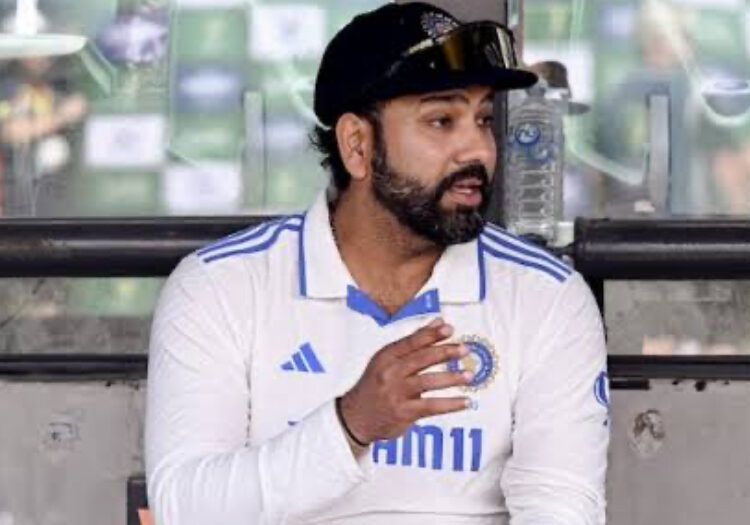Rohit Sharma’s pre-match comments ahead of the Melbourne Test sounded so much like the ones mouthed by Rancho from the Bollywood blockbuster ‘Three Idiots’. Rancho keeps repeating “All is well” despite facing challenges. There’s an interesting contrast in that analogy because while Rancho’s optimism was about maintaining mental peace amidst chaos, Rohit’s optimism is a reflection of his leadership style and confidence in the team’s abilities.
The situation, wherein the India teams isn’t showing dominance despite having a strong squad, does raise questions. It’s easy to understand why fans and critics might feel that the team should be asserting more authority, especially with players of the caliber of Virat Kohli, Rohit, Jasprit Bumrah, and others. But sometimes, as we’ve seen in cricket, even the most talented teams can face setbacks in conditions that aren’t entirely favorable. A series of tough losses, like the one in the pink-ball Test, or even a draw influenced by rain in Brisbane, can be frustrating, but Rohit might be focusing on the positives — such as the resilience shown in the opening Test Perth — rather than panicking.
In such situations, it’s possible that Rohit is trying to convey a sense of calm, just as Amir Khan’s character in ‘Three Idiots’ urged his friends to focus on the bigger picture instead of immediate results. While his optimism might appear misplaced to outsiders, it could also be a leadership strategy aimed at maintaining morale and focus within the team, reminding everyone that challenges are part of the journey and success will come with consistent effort.
However, fans and analysts might expect a more honest acknowledgment of the team’s flaws, especially if they’re not performing as expected, but Rohit’s belief in his team suggests he’s more focused on long-term growth and collective effort rather than short-term results.
The Indian team’s approach, as described through Rohit’s perspective, is one rooted in trust and optimism. By highlighting the proven abilities of players like Yashasvi Jaiswal, Shubman Gill, Rishabh Pant, Kohli, and himself, Rohit is reinforcing the belief that India has the talent to win any challenge. His stance reflects a deep confidence in the individual skills and potential of his players, yet it also manifests a certain vulnerability — relying on the proven form and talent of these cricketers might be seen as a double-edged sword.
On one hand, the Indian team has some of the best cricketers in the world, and their past successes, like the Melbourne Test victory, can serve as a powerful motivator. However, there’s a risk of becoming too reliant on that past success or assuming that what worked in one game will automatically work again. All said and done this fourth Test is now a “do-or-die” scenario. In high-stakes matches, like this one in Melbourne, the mental pressure increases, and even the most proven players can falter.
Rohit’s statement could be seen as the team trying to project an air of confidence to the outside world, as well as internally. But as the situation becomes more tense, particularly with the series hanging in the balance, India will need more than just confidence. They’ll need a strategic rethinking, an ability to adapt to the conditions and the opposition’s strengths, and perhaps even some fresh energy and innovation in their approach.
The Indian team, in this “eternal hopeful” mindset, is certainly capable of pulling through, but it also highlights a deeper question: is relying on past successes enough, or do they need to evolve, particularly in the face of Australia’s resilience and the unique challenges of playing in Melbourne? The crux of this Test may not just be about individual form, but how the team can gel and perform under pressure when it counts the most. So, let’s hope that the confidence shown by Rohit is true to his words rather than just a fake consolation before the big Boxing Day Test match.
















